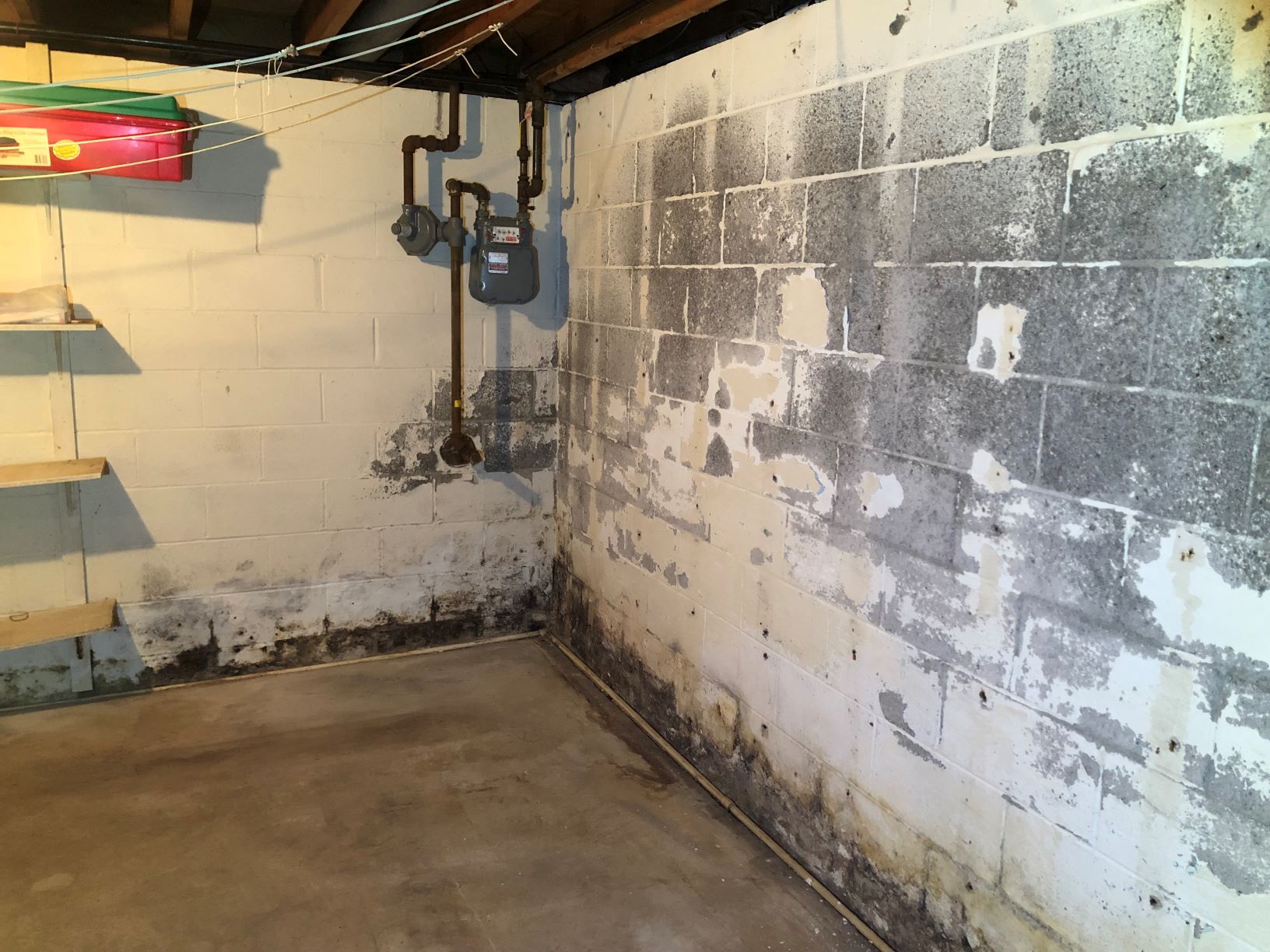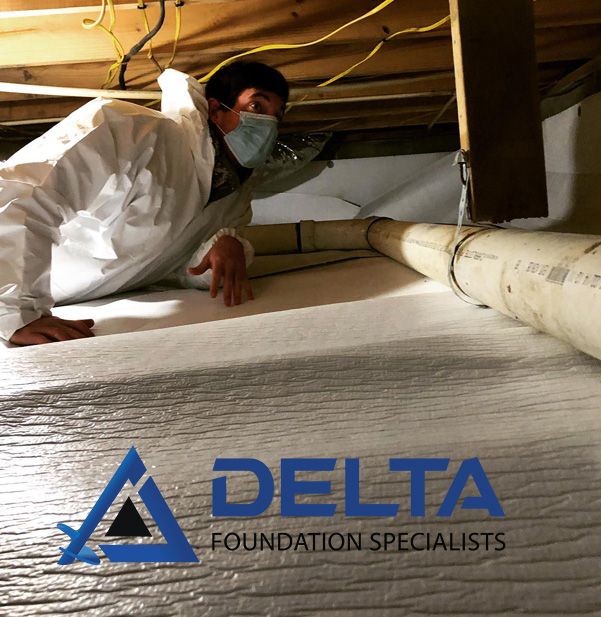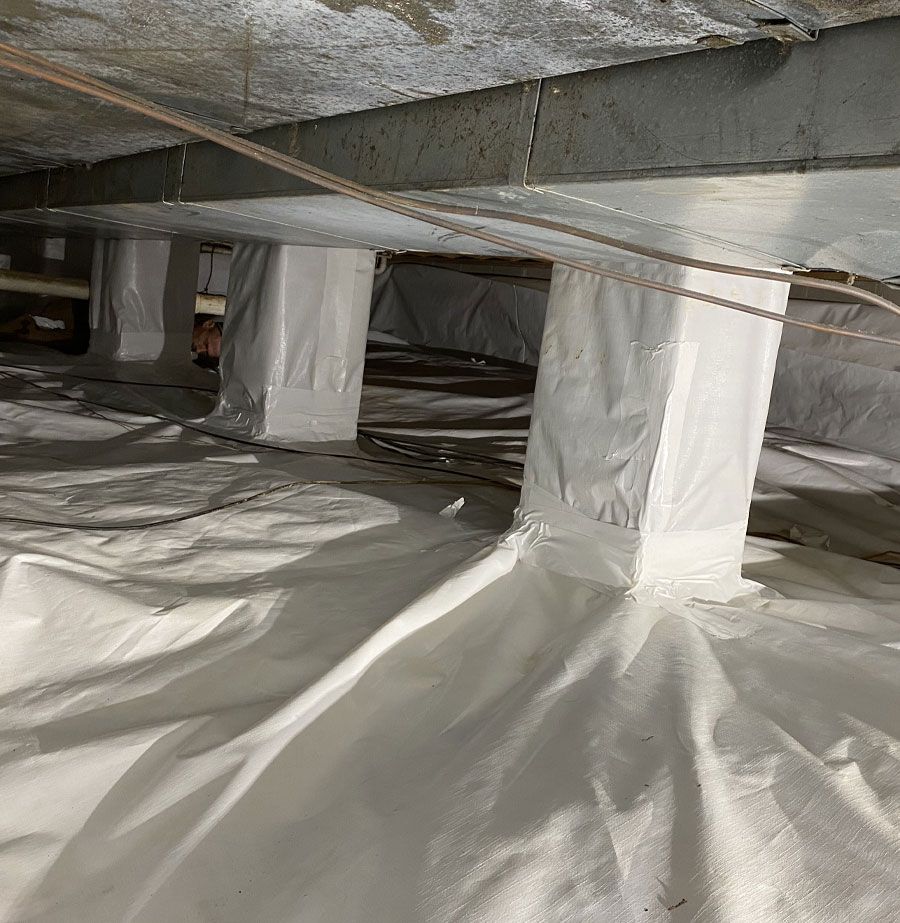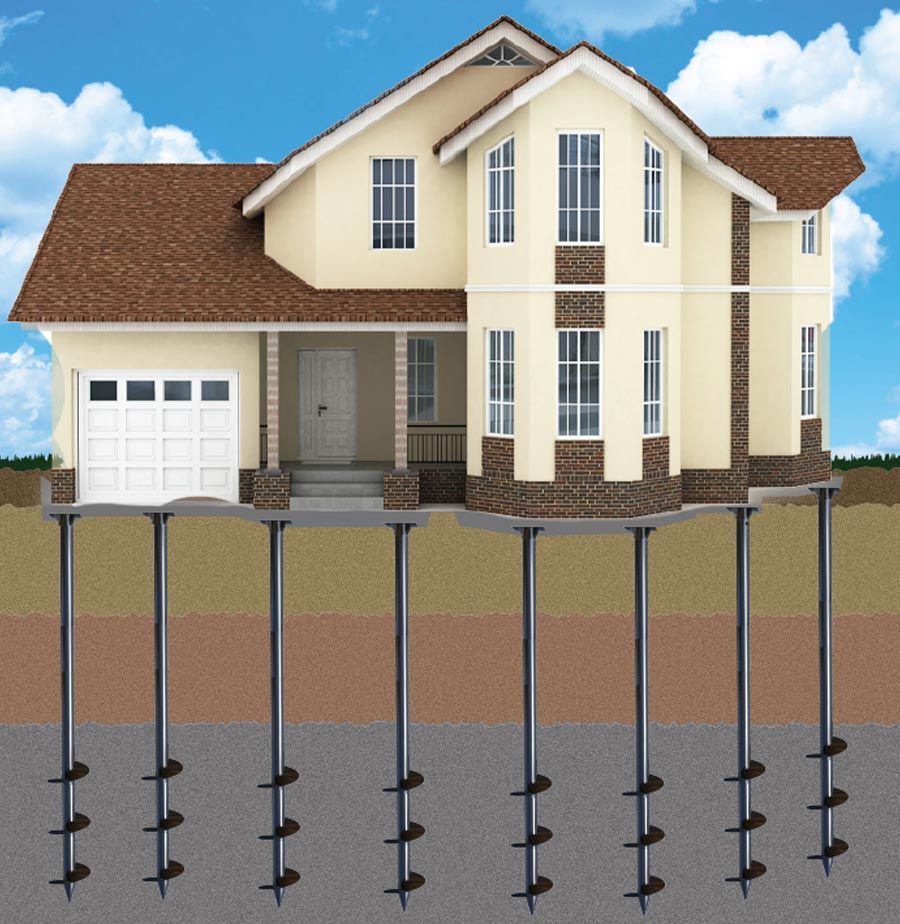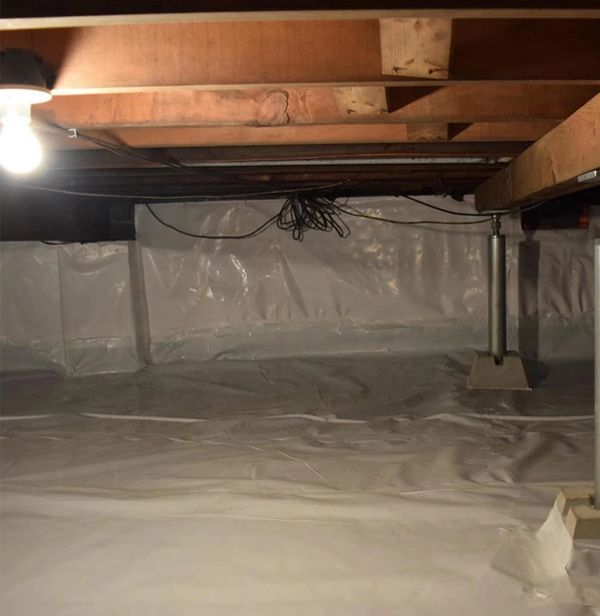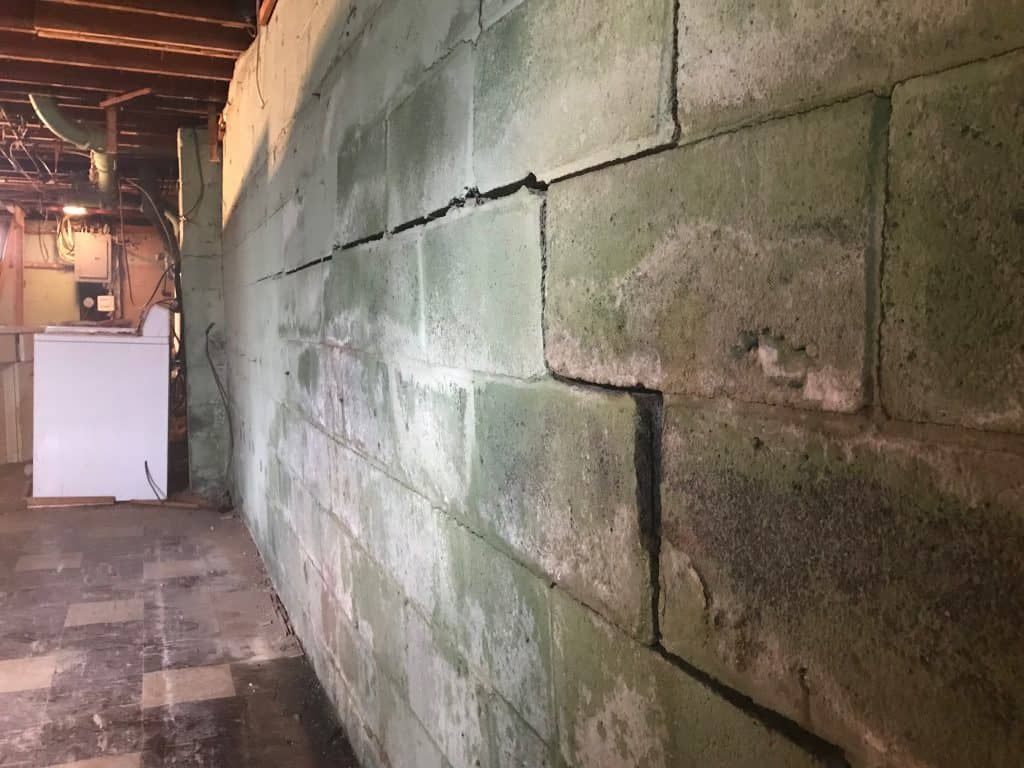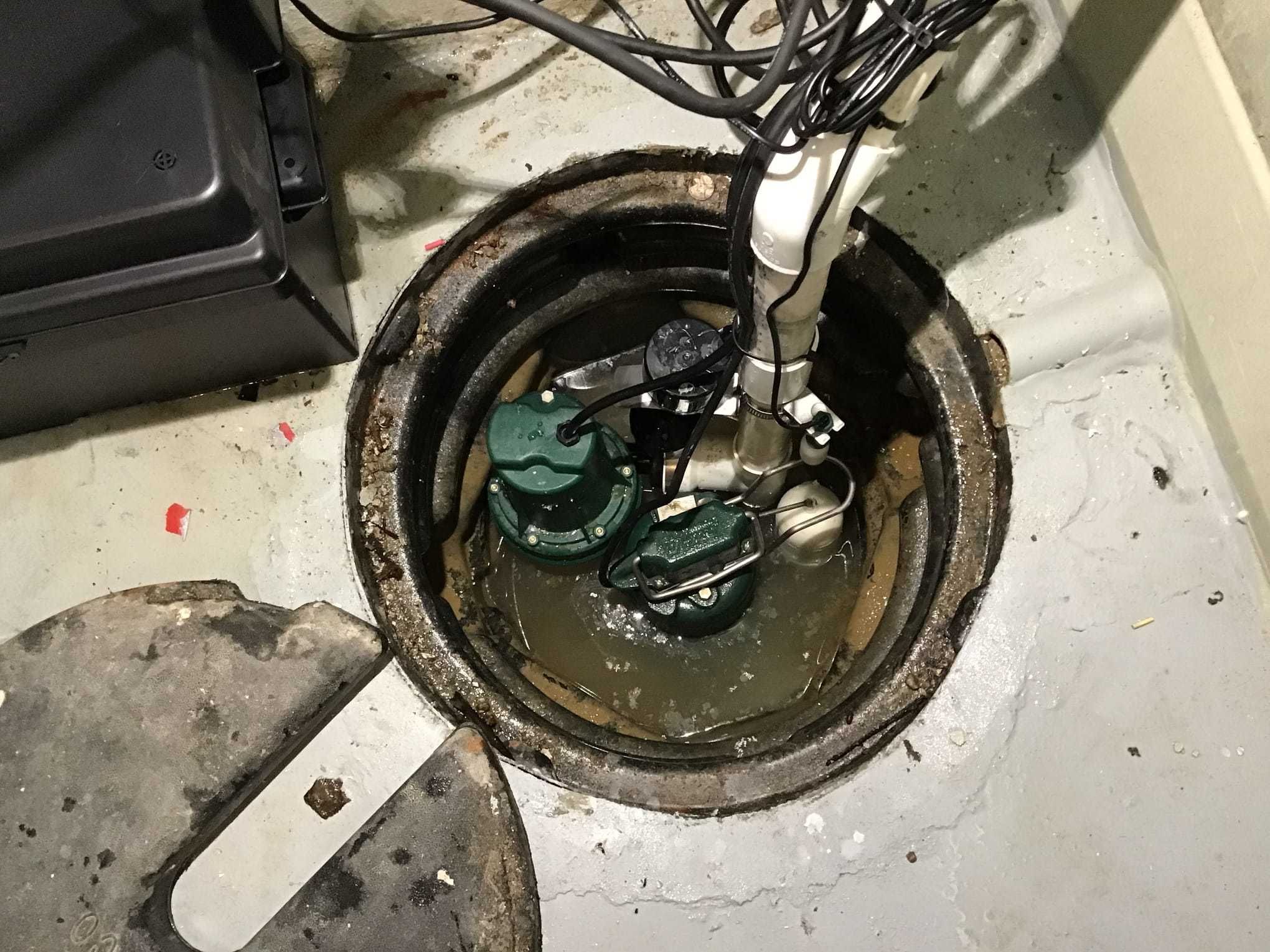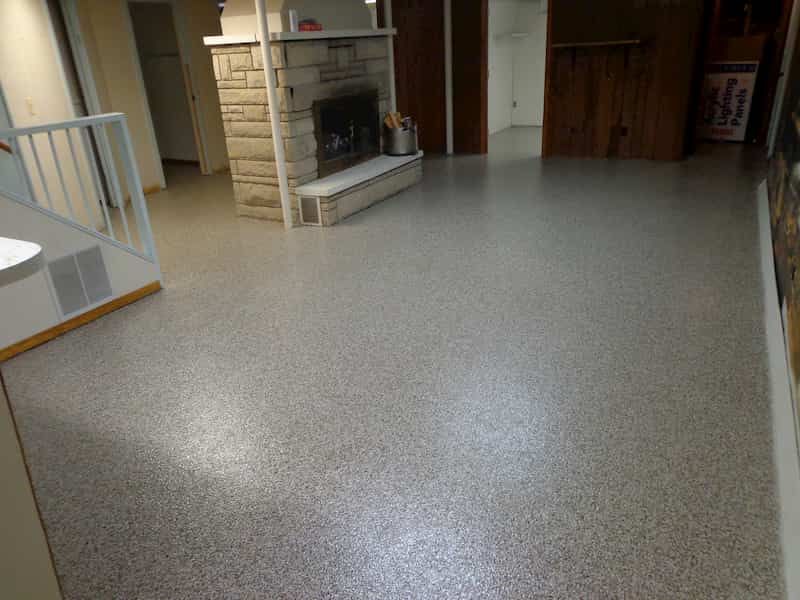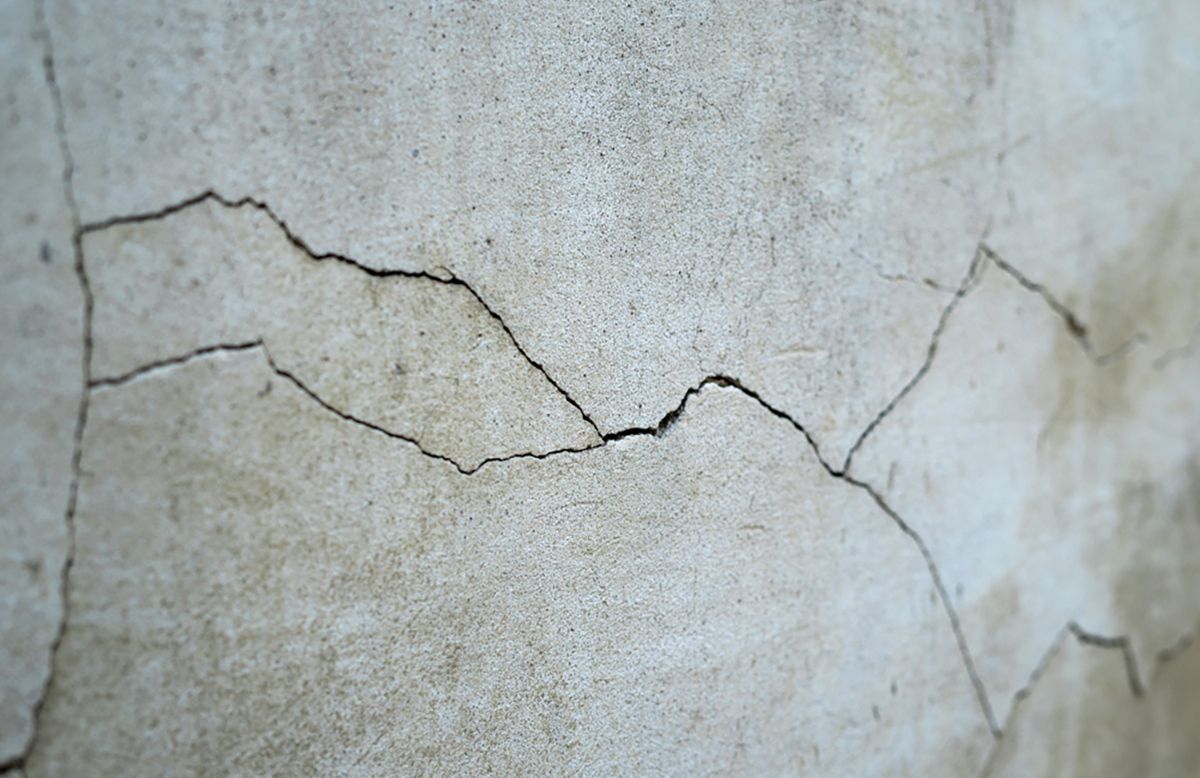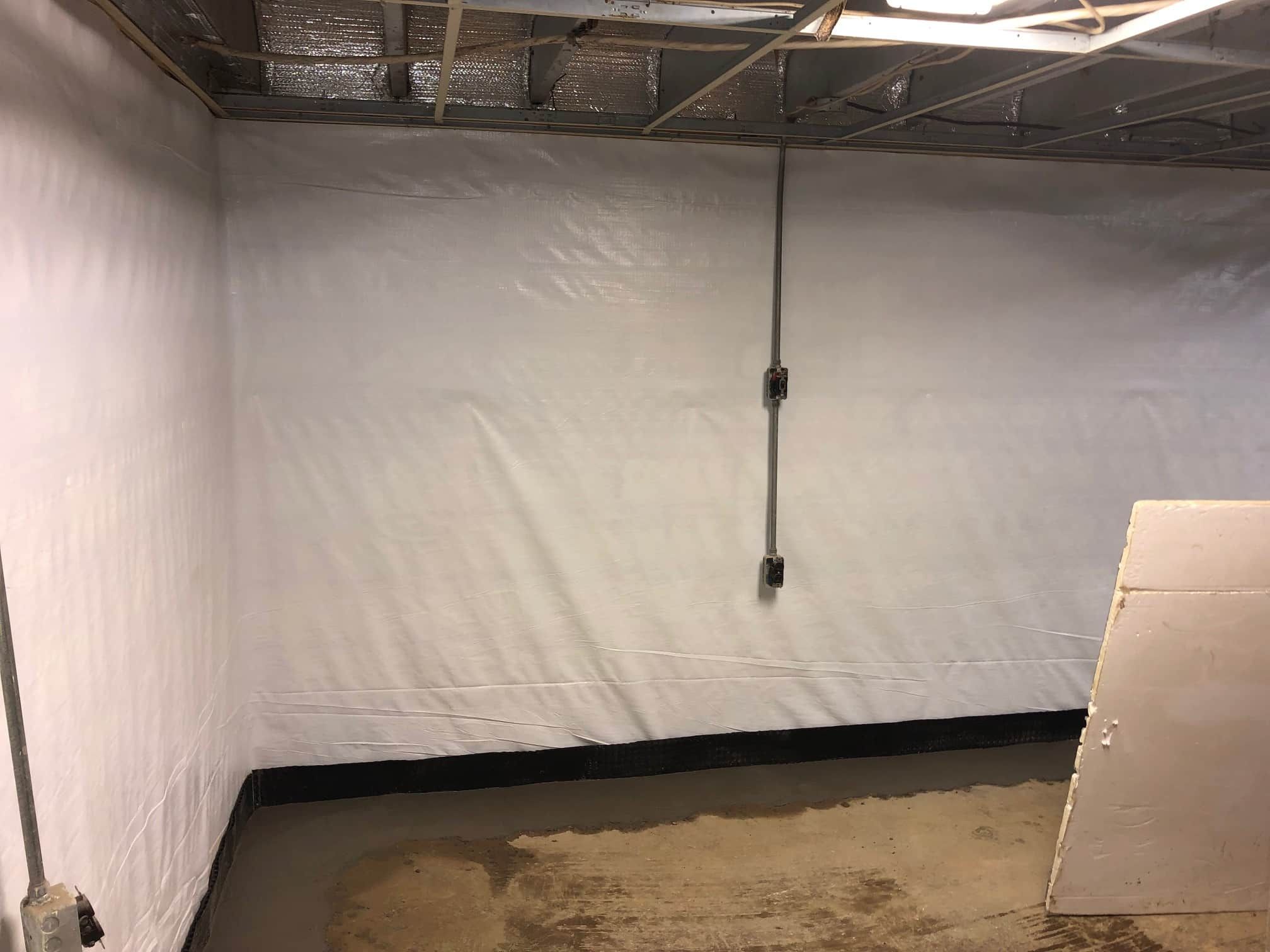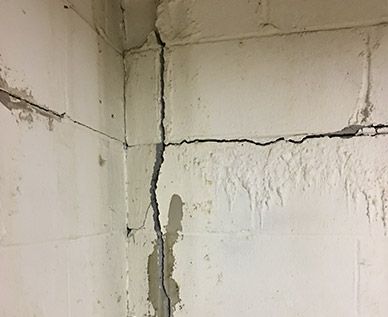Waterproofing Strategies for Historic Homes in Memphis: Preserving Foundations and Crawl Spaces Against Moisture
Memphis, Tennessee, is a city rich in history and architectural heritage. Its historic homes, dating back to the 19th and early 20th centuries, stand as testaments to the city’s vibrant past. Preserving these architectural gems is not just about maintaining their aesthetic appeal but also about ensuring they remain functional and safe for future generations.
One of the most significant challenges faced by owners of historic homes is protecting their foundations, crawl spaces, and basements from moisture damage. The unique construction materials and methods used in these homes, combined with the environmental factors in Memphis, make waterproofing a critical aspect of preservation.
Understanding the Waterproofing Needs of Historic Homes
Historic homes were often built using materials and techniques that differ significantly from modern construction practices. Common materials include stone, brick, and wood, which can all be susceptible to moisture infiltration over time. Additionally, these homes may lack the modern waterproofing measures that newer structures benefit from.
Environmental factors in Memphis, such as high humidity, heavy rainfall, and fluctuating temperatures, exacerbate moisture problems. The city’s clay-rich soil can retain water, leading to increased hydrostatic pressure on foundations and crawl spaces. Understanding these unique needs is the first step toward effective waterproofing.
Identifying Signs of Moisture Damage in Historic Homes
Recognizing the early signs of moisture damage is crucial to preventing long-term deterioration. Homeowners should be vigilant for the following indicators:
- Mold Growth: Presence of mold or mildew, especially in basements and crawl spaces.
- Musty Odors: Persistent damp or musty smells, which often signal hidden moisture issues.
- Decay: Rotting wood, crumbling mortar, and peeling paint can all be signs of water damage.
- Water in Basement: Accumulation of water in the basement, indicating possible leaks or drainage issues.
- Sagging Floors: Uneven or sinking floors, which may suggest structural problems or foundation issues.
Strategies for Waterproofing Historic Home Foundations
Waterproofing historic home foundations requires a careful balance between preserving the original structure and implementing modern protective measures. Here are some effective strategies:
- Interior Waterproofing: Combine exterior methods like excavating and applying waterproof membranes with interior sealants to prevent moisture penetration, especially essential in clay-heavy soil areas like Memphis.
- French Drains: Installing French drains can help redirect water away from the foundation. These drains collect water and channel it away through a system of pipes.
- Sump Pumps: For crawl spaces or basements prone to flooding, a sump pump can be an effective solution. It works by collecting water in a sump basin and pumping it out of the area beneath the home.
- Dehumidifiers: Using dehumidifiers can help control humidity levels in the crawl space or basement, reducing the risk of mold and mildew growth.
- Drainage Systems: Installing interior or exterior drainage systems helps manage water and prevent it from accumulating around the foundation.
Long-Term Maintenance Tips for Waterproofed Historic Homes
Effective waterproofing is not a one-time task but requires ongoing maintenance to ensure lasting protection. Here are some long-term maintenance tips:
- Regular Inspections: Schedule professional inspections to check for any signs of moisture infiltration or damage.
- Maintain Drainage Systems: Ensure that gutters, downspouts, and drainage systems are clear of debris and functioning correctly.
- Monitor Humidity Levels: Use hygrometers to monitor indoor humidity levels, especially in crawl spaces or basements, and use dehumidifiers as needed.
- Repair Cracks Promptly: Address any cracks in the foundation or walls immediately to prevent water from seeping in.
- Professional Maintenance: Engage experts like DFX Foundation Repair & Basement Waterproofing for regular maintenance and professional assessments.
Protecting Memphis’s Historic Homes
Preserving the structural integrity and historical value of Memphis’s historic homes requires diligent attention to waterproofing. By understanding the unique challenges these homes face, identifying early signs of moisture damage, and implementing effective waterproofing strategies, homeowners can protect their property for generations to come.
Don’t wait for moisture problems to become severe. Contact the experts at DFX Foundation & Waterproofing Experts today to take proactive steps in preserving your historic home. Our team is dedicated to providing tailored solutions that honor the past while protecting your investment for the future. Contact us now to schedule your consultation and keep your historic home safe and dry.
Table of Contents
Other Blogs You May Be Interested In
